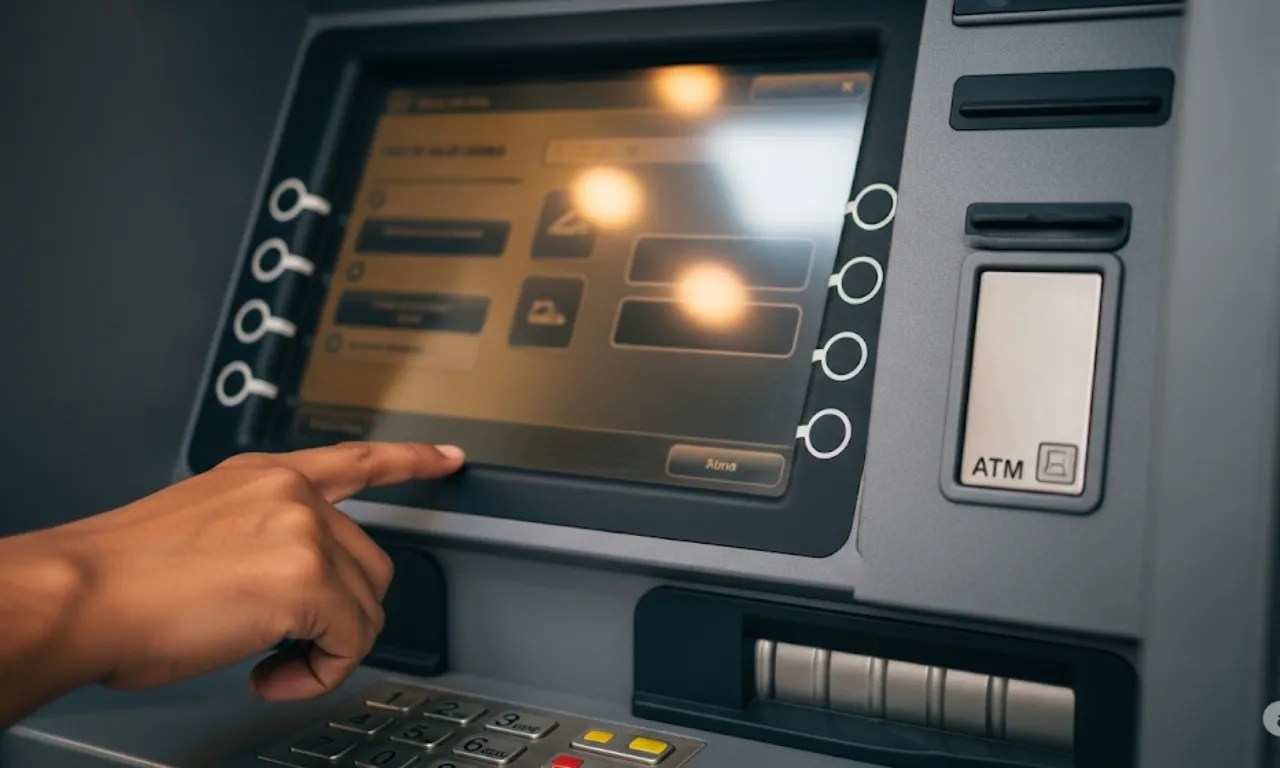- RBI allows 3 free ATM transactions each month in metro cities and 5 in non-metro areas.
- Free transactions include both cash withdrawals and non-financial activities like balance checks.
- Cash transactions over Rs 20 lakh yearly need PAN and Aadhaar details for compliance.
RBI ATM transaction rules are important to know so you can avoid paying extra charges. These rules explain how many free ATM transactions you are allowed each month and what fees apply if you exceed that limit. Whether you are in a metro city or a non-metro area, being aware of these rules helps you save money and manage your banking expenses more effectively.
RBI has set clear limits on free ATM transactions to protect you from high fees. In metro cities, you get three free ATM transactions every month, while in non-metro areas, you get five free transactions. These limits cover transactions at all banks, so it’s good to keep an eye on your usage.
What Transactions Count Towards Free Limits
The free transaction count includes both financial and non-financial transactions. Financial transactions mainly mean cash withdrawals from ATMs. Non-financial transactions include things like balance checks, PIN changes, and mini statements. So, you can check your balance or change your PIN without extra charges, as long as you stay within the free transaction limits.
Bank Fees After Free Transaction Limits
If you go over the free transaction limits, banks can charge fees for each extra transaction. These fees vary by bank. For example:
- Punjab National Bank (PNB) charges Rs 23 for financial transactions and Rs 11 for non-financial transactions beyond the free limit.
- HDFC Bank charges a flat fee of Rs 23 per transaction after the free limit.
- State Bank of India (SBI) follows its older fee structure, which may be different from other banks.
Also, these fees include Goods and Services Tax (GST), so the final amount might be a bit higher.
Also Read – UPI New Rules from 1st April 2025: What Changed in ATM Charges, Toll Rates
Cash Transaction Limits and Rules
Besides ATM rules, India has wider rules on cash transactions to promote clarity and stop black money. If you deposit or withdraw Rs 20 lakh or more in a financial year, you need to provide your PAN and Aadhaar details. This applies to all banks and financial institutions.
Tips to Avoid Extra ATM Fees
To keep your banking costs low and avoid extra ATM fees, try these simple tips:
- Use your own bank’s ATM when you can, as transactions on your bank’s machines are usually free beyond RBI limits.
- Limit non-cash ATM transactions by using digital banking apps for balance checks, fund transfers, and other services.
- Keep track of your monthly ATM use to make sure you don’t go over the free transaction limits.
- Plan your cash withdrawals to reduce the number of transactions, like withdrawing larger amounts less often.
By following these tips, you can make the most of the Reserve Bank of India ATM Transaction Rules and avoid extra charges on your banking transactions.

